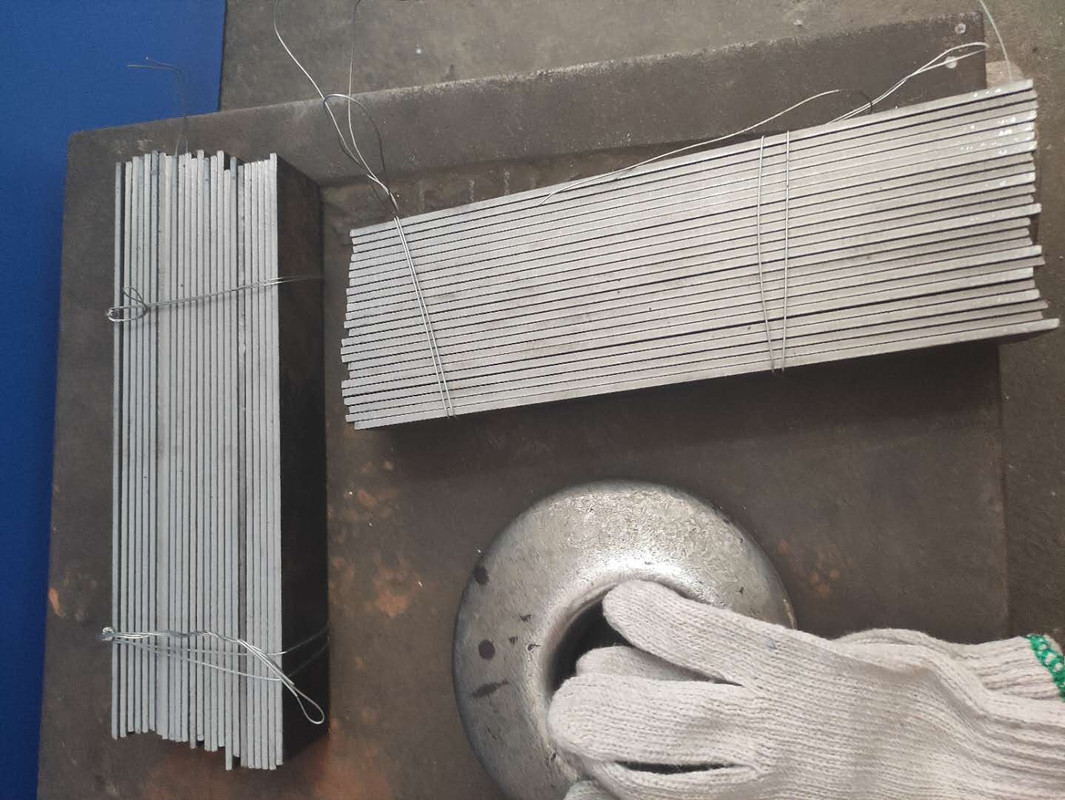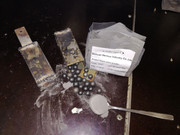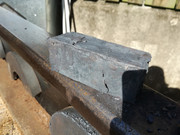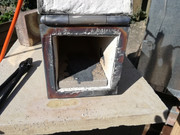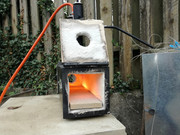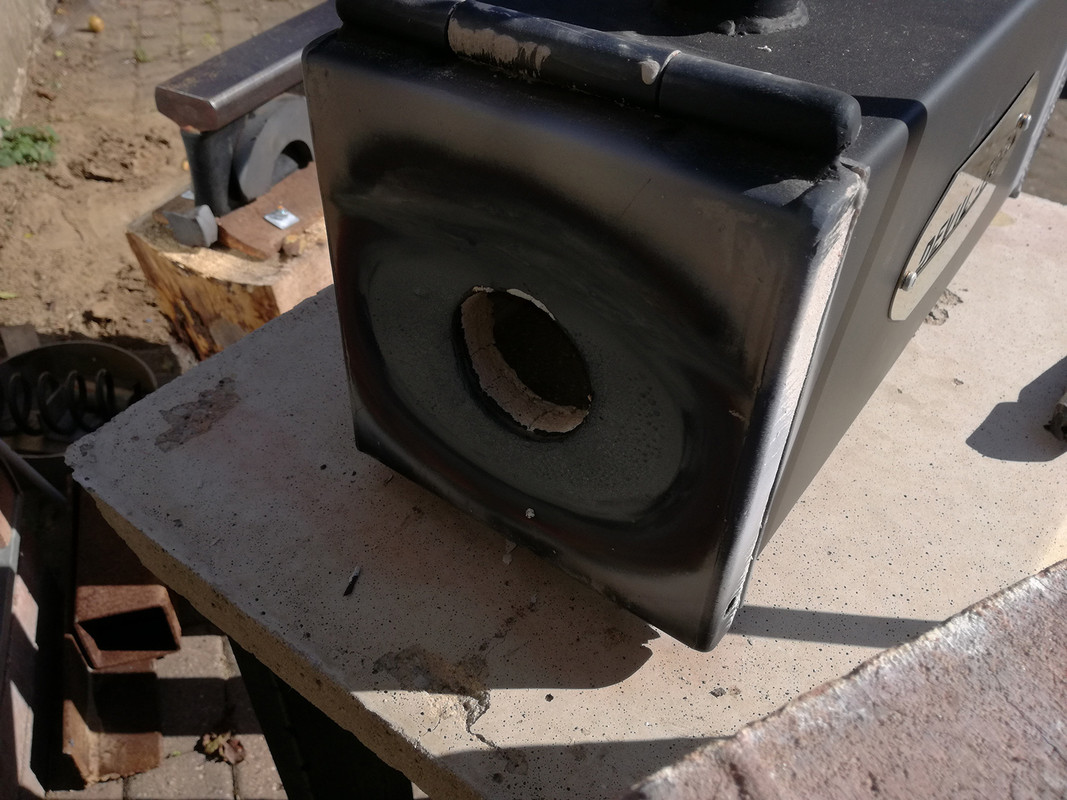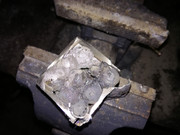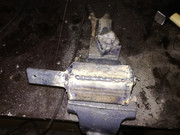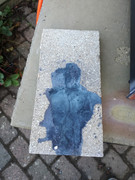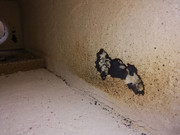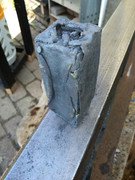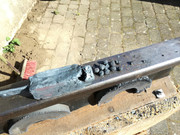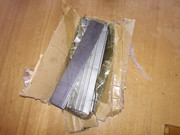- Joined
- May 31, 2020
- Messages
- 87
Greetings Bladesmiths
I'm brand new to the forum, and "newish" to this world.
Short about me: Im early retired, and have for a long time wanted to get back to this.
I started making a few blades, after a mate on YouTube was in some make a knife from scratch build along. And well they stock removed I guess it's called, not what I was expecting and just happend to be I had an arnvil at my old place.
Anyway after a split up, and I was left with what I could fit in my RV Trailer.
Now I am setting up shop at my new house, I got a early retirement pension last year.
The budget isn't great, but im greatfull for everything I have and Rome wasn't build in one day. I got lot's of time tho!
Now to my question, as I have zero experiance with MIG welding.
How big a MIG welder do I need, to close canisters for damascus and such work?
As my budget is what I save up, and I don't wanna cut corners and end up needing to buy a larger unit. I also don't wanna spend more, then what I have too. I just resently found out what a propper belt grinder will end up costing.
The unit I am looking at got following specs.
MIG 140
Im hoping for something, that don't require more then a 16A fuse for practical reasons.
It's a fairly cheap model I guess at 230 us$
I do have 400 Volt as well in the garage, but running on a 16A breaker.
Thank you for your time and any advice given.
Pali
I'm brand new to the forum, and "newish" to this world.
Short about me: Im early retired, and have for a long time wanted to get back to this.
I started making a few blades, after a mate on YouTube was in some make a knife from scratch build along. And well they stock removed I guess it's called, not what I was expecting and just happend to be I had an arnvil at my old place.
Anyway after a split up, and I was left with what I could fit in my RV Trailer.
Now I am setting up shop at my new house, I got a early retirement pension last year.
The budget isn't great, but im greatfull for everything I have and Rome wasn't build in one day. I got lot's of time tho!
Now to my question, as I have zero experiance with MIG welding.
How big a MIG welder do I need, to close canisters for damascus and such work?
As my budget is what I save up, and I don't wanna cut corners and end up needing to buy a larger unit. I also don't wanna spend more, then what I have too. I just resently found out what a propper belt grinder will end up costing.
The unit I am looking at got following specs.
MIG 140
- Current: 230 V
- Effect: 5,7 kW
- Fuse:: 16 A
- Effect factor cos φ:: 0,73
- Idle current: Max 37 V
- Welding thread: Max 0,8/0,9 mm
Im hoping for something, that don't require more then a 16A fuse for practical reasons.
It's a fairly cheap model I guess at 230 us$
I do have 400 Volt as well in the garage, but running on a 16A breaker.
Thank you for your time and any advice given.
Pali

